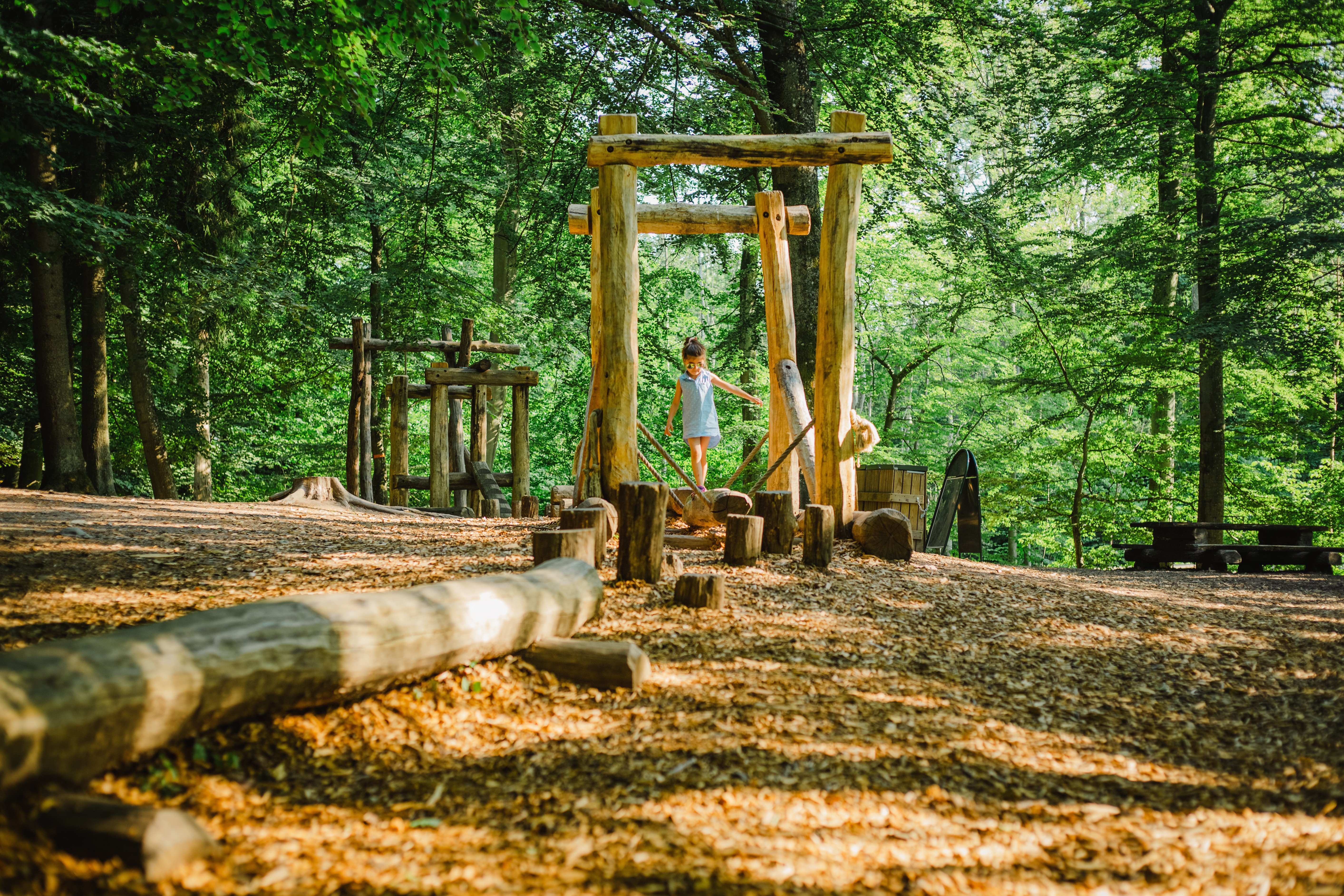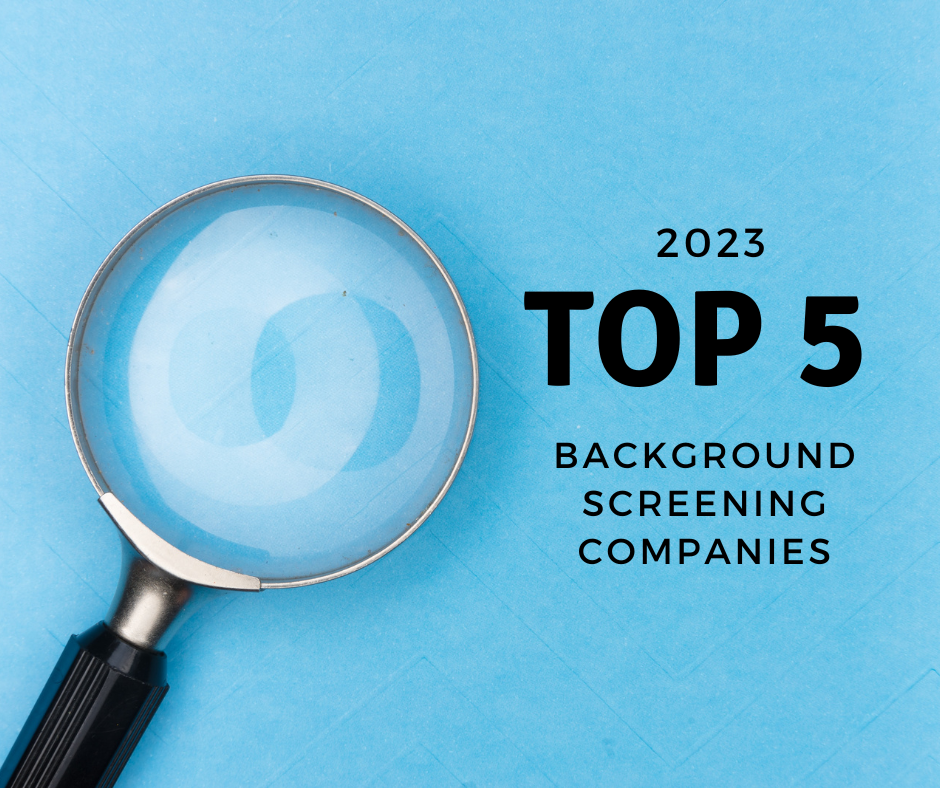Public parks are a vital part of our communities, offering spaces where families, children, and individuals gather to relax, exercise, and enjoy nature. As such, ensuring the safety of these spaces is a top priority for Parks and Recreation departments. One of the key components in creating a secure environment is conducting thorough background checks on employees, volunteers, and contractors who interact with park visitors. This practice not only mitigates risks but also reflects the legal and ethical responsibilities of these departments to protect the public.
Legal Obligations for Parks and Rec Departments
Parks and Recreation departments are entrusted with overseeing public spaces that often cater to vulnerable populations, such as children, the elderly, and those with disabilities. Given this responsibility, they must adhere to local, state, and federal laws that mandate background checks for individuals who work or volunteer in public spaces. These regulations are designed to prevent individuals with violent or predatory criminal histories from being placed in positions of trust or authority.
Failing to comply with legal standards can have significant consequences. In many jurisdictions, there are stringent requirements regarding the vetting of staff, especially those who work directly with children, in youth programs, or in roles that grant them unsupervised access to park visitors. Neglecting these laws can result in lawsuits, liability claims, and damage to the department’s reputation, as well as compromise the safety of park users.
Ethical Responsibilities to the Public
Beyond legal obligations, Parks and Recreation departments have an ethical duty to foster a safe and welcoming environment. Public spaces should be a refuge where visitors can enjoy their time without fearing for their safety. Conducting background checks is a preventive measure that demonstrates a commitment to protecting the community.
When Parks and Rec departments fail to screen employees or volunteers adequately, they expose the public to unnecessary risks. Incidents involving unvetted individuals can lead to a loss of trust from the community and long-term reputational harm. Public parks, as shared spaces, require a higher standard of care and security. Background checks help create peace of mind, ensuring that those hired are not only qualified but also safe to be around vulnerable populations.
Creating a Comprehensive Screening Process
For background checks to be effective, Parks and Recreation departments must implement a comprehensive screening process. This includes verifying an individual’s identity, checking for any criminal records, and reviewing national databases to ensure a candidate is cleared to work in environments with children or other vulnerable groups.
In addition to checking for criminal activity, it’s important to consider continuous monitoring, especially for individuals in long-term positions. Continuous monitoring allows for ongoing evaluation of employees or volunteers, ensuring that any changes in their background that could pose a risk are addressed immediately. This proactive approach can prevent potential issues from escalating into major security breaches.
The Role of Technology in Enhancing Security
Technology plays a significant role in streamlining the background check process. Parks and Rec departments can use modern software to perform more efficient and accurate checks, helping them stay compliant with regulations. Some systems even offer continuous monitoring services, alerting departments if an employee or volunteer has an updated criminal record.
By adopting these technological solutions, Parks and Recreation departments can ensure they meet both legal and ethical standards, while protecting park visitors. It’s important to also communicate these efforts transparently to the public. Letting park users know about the background check processes can foster trust and reinforce the department's commitment to safety.
Conclusion
Background checks are more than just a legal requirement—they are a critical tool for Parks and Recreation departments in safeguarding public spaces. The careful vetting of employees, volunteers, and contractors helps mitigate risks, protects park visitors, and maintains public trust. By prioritizing both legal compliance and ethical responsibility, these departments can ensure that parks remain safe and enjoyable for everyone.



